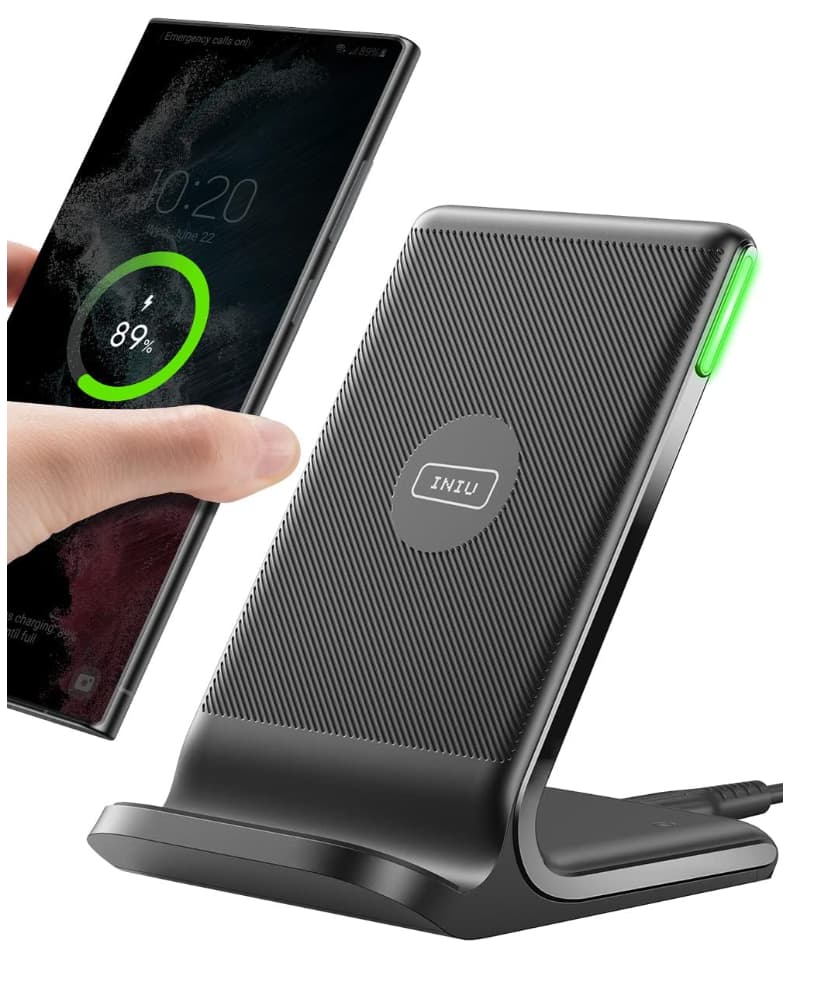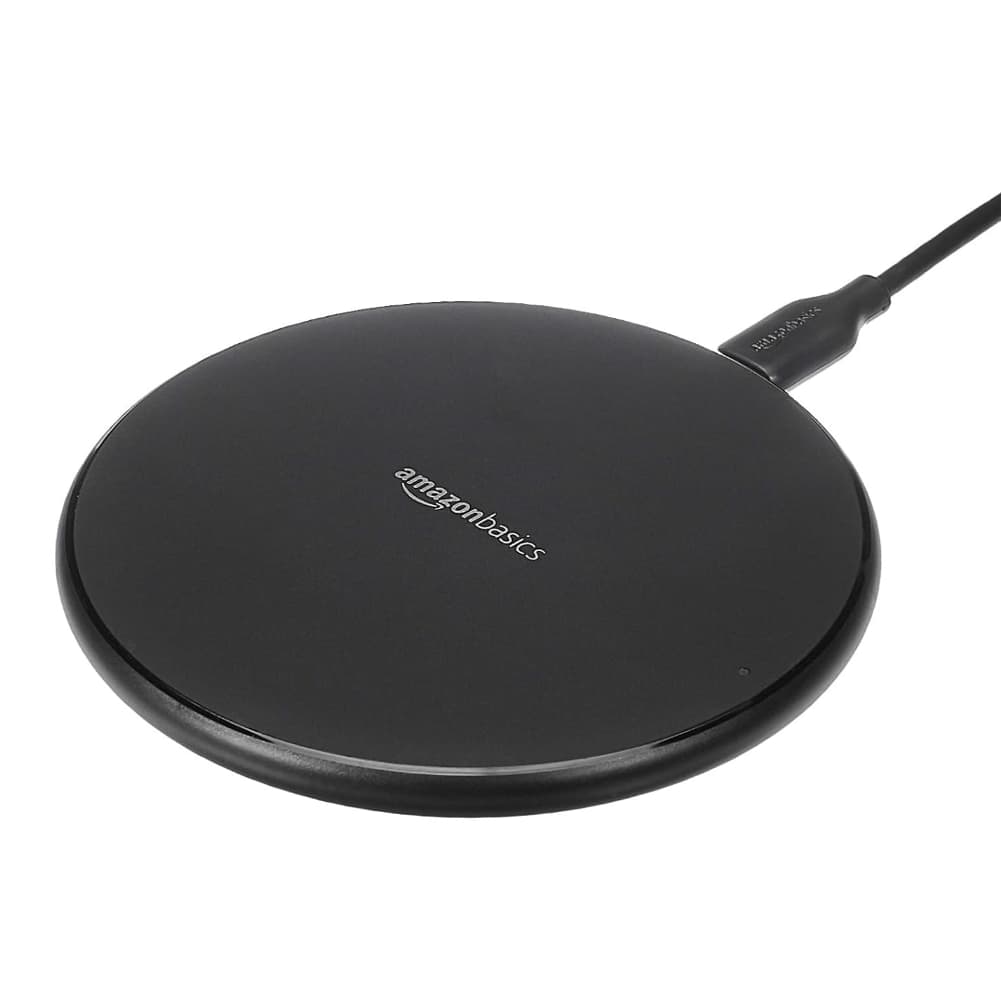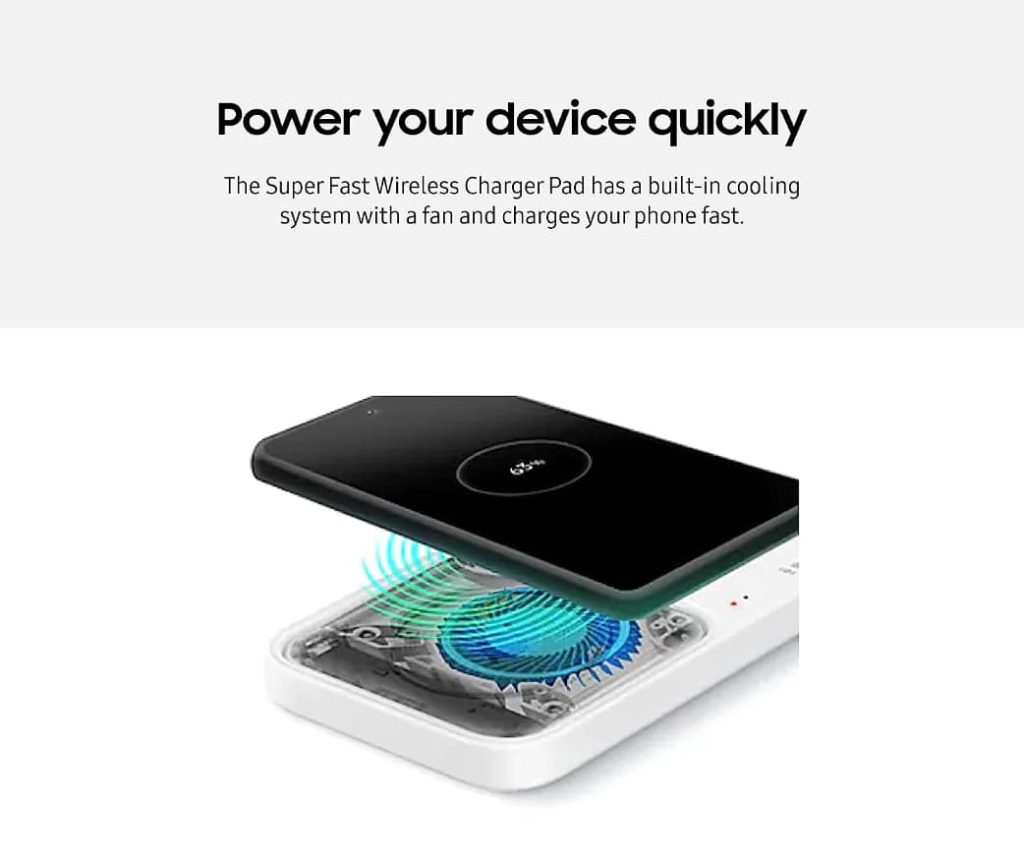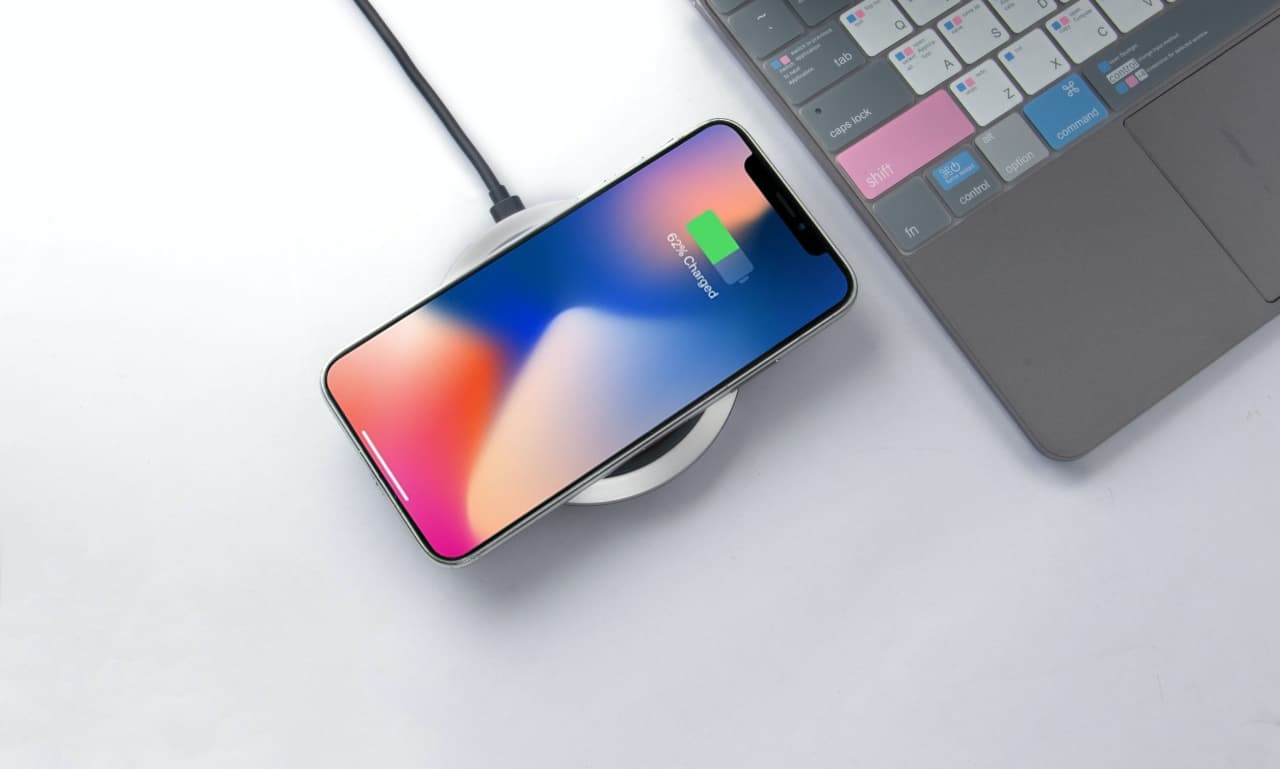Is Wireless Charging Bad for Battery? Unveiling the Truth
Wireless charging has become a ubiquitous feature in modern smartphones and electronic devices. Its convenience is undeniable, but a lingering question remains – is wireless charging detrimental to your battery’s health? In this comprehensive guide, we’ll delve into the intricacies of wireless charging and its potential impact on battery life.
How Wireless Charging Works
Before we explore the effects, let’s understand the fundamental principles of wireless charging. Wireless charging operates on the principle of electromagnetic induction. When you place your device on a wireless charging pad, an electromagnetic field is generated, inducing an electric current in the device’s battery.
Types of Batteries
Not all batteries are created equal. Different devices use various battery types, from nickel-metal hydride to lithium-ion. It’s essential to recognize the type of battery your device employs to comprehend how wireless charging may affect it.
Lithium-ion Batteries and Wireless Charging
Lithium-ion batteries, prevalent in modern electronics, are sensitive to certain charging conditions. While wireless charging is generally safe, the impact on lithium-ion batteries warrants consideration. The charging process can generate heat, affecting the battery’s lifespan.
Temperature Considerations
Temperature plays a crucial role in the health of your device’s battery during wireless charging. Extreme temperatures, whether too hot or cold, can accelerate battery degradation. Ensuring a moderate charging environment is essential for maintaining optimal battery health.

INIU Wireless Charger, Click here
INIU Wireless Charger, 15W Fast Qi-Certified Wireless Charging Station with Sleep-Friendly Adaptive Light Compatible with iPhone 15 14 13 12 Pro XS 8 Plus Samsung Galaxy S23 S22 S21 Note 20 Google etc
Charging Speeds
The speed at which your device charges wirelessly can influence its longevity. Rapid charging generates more heat, potentially accelerating the aging process of your battery. Finding a balance between charging speed and battery preservation is key.
Optimal Charging Practices
To maximize your battery’s lifespan while using wireless charging, adopt optimal charging practices. Avoid exposing your device to extreme temperatures, use recommended charging accessories, and consider periodic breaks from wireless charging to allow your battery to cool down.
Common Myths Debunked
Several myths surround wireless charging and its impact on battery life. Addressing these misconceptions helps users make informed decisions. Contrary to popular belief, properly implemented wireless charging should not significantly harm your battery.
Impact of Software Optimizations
Device software can also influence the efficiency of wireless charging. Manufacturers often release updates to enhance charging algorithms, ensuring users a more sustainable and optimized charging experience.
Manufacturer Recommendations
Device manufacturers provide guidelines for wireless charging usage. Adhering to these recommendations can contribute to prolonged battery life. Following the prescribed charging practices outlined in your device’s manual is advisable.
Long-term Effects
While wireless charging may not cause immediate harm, the long-term effects on battery health are worth considering. Over time, lithium-ion batteries may experience degradation, reducing their capacity and overall performance.

Amazon Basics 15W Qi Certified Wireless Charging Pad • iPhone 15/14/13/12/11/X, Samsung • with USB Cable • No AC Adapter • Black
Wireless Charging Accessories
Using third-party wireless charging accessories requires caution. Incompatibility or poor-quality accessories can lead to inefficient charging or even damage your device’s battery. Opt for accessories recommended by the device manufacturer.
Balancing Convenience and Battery Longevity
For users heavily reliant on wireless charging, finding a balance between convenience and battery longevity is crucial. Consider alternative charging methods to mitigate the long-term impact on your device’s battery.

SAMSUNG 15W Wireless Charger Duo w/ USB C Cable, Charge 2 Devices at Once, Cordless Super Fast Charging Pad for Galaxy Phones and Devices, 2022, US Version
Alternatives to Wireless Charging
If preserving battery life is a top priority, exploring alternative charging methods is worthwhile. Wired charging and portable power banks offer efficient and reliable options without the potential drawbacks of wireless charging.
Conclusion
In conclusion, when used mindfully, wireless charging is not inherently bad for your battery. Understanding the nuances of your device’s battery type, optimal charging practices, and manufacturer recommendations is key to maintaining long-term battery health. While wireless charging offers undeniable convenience, users should strike a balance and consider alternative charging methods to preserve their battery life.
FAQs About Is Wireless Charging Bad for Battery?
Q: Can wireless charging damage my battery?
A: When used correctly, wireless charging should not cause significant damage to your battery.
Q: Does wireless charging affect charging speed?
A: Yes, wireless charging speed can impact battery longevity. Optimal speeds are recommended.
Q: Are all wireless chargers the same?
A: No, compatibility and quality vary among wireless chargers. Choose reputable brands for reliable performance.
Q: How often should I take breaks from wireless charging?
A: Periodic breaks can help your battery cool down. Consider wired charging occasionally.
Q: Are there any long-term risks to using wireless charging?
A: Lithium-ion batteries may experience degradation over time, but careful usage can mitigate risks.






Leave a Reply